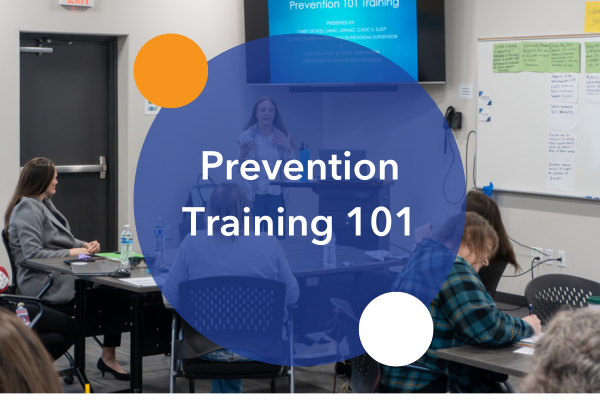
Access to Health
Equity-Focused Training for Community-Based Workers
At SWACH, we know that the foundation of health equity lies in community connection, cultural understanding, and systems-level change. Through our Access to Health training, led by Brandi Williams, we equip Community Health Workers (CHWs) and other community-based workers with the tools, knowledge, and confidence to identify and address health disparities—especially in communities that have historically been marginalized or underserved.
This training is especially designed for culturally specific CHWs and organizations looking to deepen their equity work while centering the lived experience of their communities.
A Grounded, Adaptable Approach
The training model we use is rooted in the Core Principles & Practices (CP&P) framework, which has shaped every program I’ve developed or supported. This foundation ensures a consistent, community-driven, and evidence-informed approach to advancing equity in health systems.
But this isn’t a one-size-fits-all program. The training is customizable to your team’s needs, capacity, and schedule—whether you’re a small nonprofit, a tribal health program, or a regional collaborative. I meet organizations where they are, offering in-person or virtual sessions, working around availability, and even helping to secure sponsorships or resource connections when possible.
Together, we shape a learning experience that reflects your mission, your community, and your goals.
Our Work
What does it mean to approach community health with an equity lens?
Through this training, CHWs and community-based workers gain practical tools to recognize and respond to the complex factors that shape health outcomes. From addressing systemic bias to building culturally grounded care, these core objectives guide the learning journey and support lasting impact in the communities we serve:
-
Define equity and its importance in community health.
Explain the social determinants of health and how they contribute to health barriers.
-
Develop skills for cultural competence and humility.
Teach strategies for effective communication across different cultures.
Explore the impact of cultural beliefs and practices on health behaviors and outcomes.
-
Train CHWs to recognize and address personal and systemic biases.
Provide tools for self-reflection on implicit biases.
Discuss the impact of bias on health care delivery and health outcomes.
-
Equip CHWs with skills to engage and build trust within their communities.
Teach advocacy skills to address community-specific health inequities.
Foster partnerships with local organizations to support community health initiatives.
-
Educate on the principles of trauma-informed care.
Discuss the impact of trauma on health and behavior.
Provide strategies for creating safe and supportive environments for community members.
-
Guide CHWs in designing and implementing health programs that address equity.
-
Cover the legal and ethical responsibilities related to equity in community-based organizations.
Discuss confidentiality, informed consent, and patient rights in the context of culturally specific care.
-
Train CHWs to connect individuals with resources that address social determinants of health (e.g., housing, food security, employment).
Develop a comprehensive understanding of local and regional resources.
-
Encourage a commitment to ongoing education on health equity.
Promote participation in professional development opportunities related to cultural competence and equity.
-
Teach CHWs how to collect and use data to identify health disparities.
Train on conducting community health needs assessments.
Utilize data to tailor interventions to specific community needs. (Surveys)
Accessible. Customizable. Community-Led.
This training model is more than a curriculum—it’s a collaborative process designed to elevate the work you’re already doing. Whether your organization is just beginning its equity journey or looking to deepen its impact, this training offers flexible entry points, culturally relevant strategies, and practical tools.
Because we believe access to health begins with access to knowledge, trust, and community voice.
About Brandi
Brandi has been part of the Vancouver, Washington community for more than two decades. She is an experienced advocate for families, young adults and seniors alike. Brandi is ready to share her skills for community resource connection with you.
Phone: 360-972-6818
Email: brandi.williams@southwestach.org







